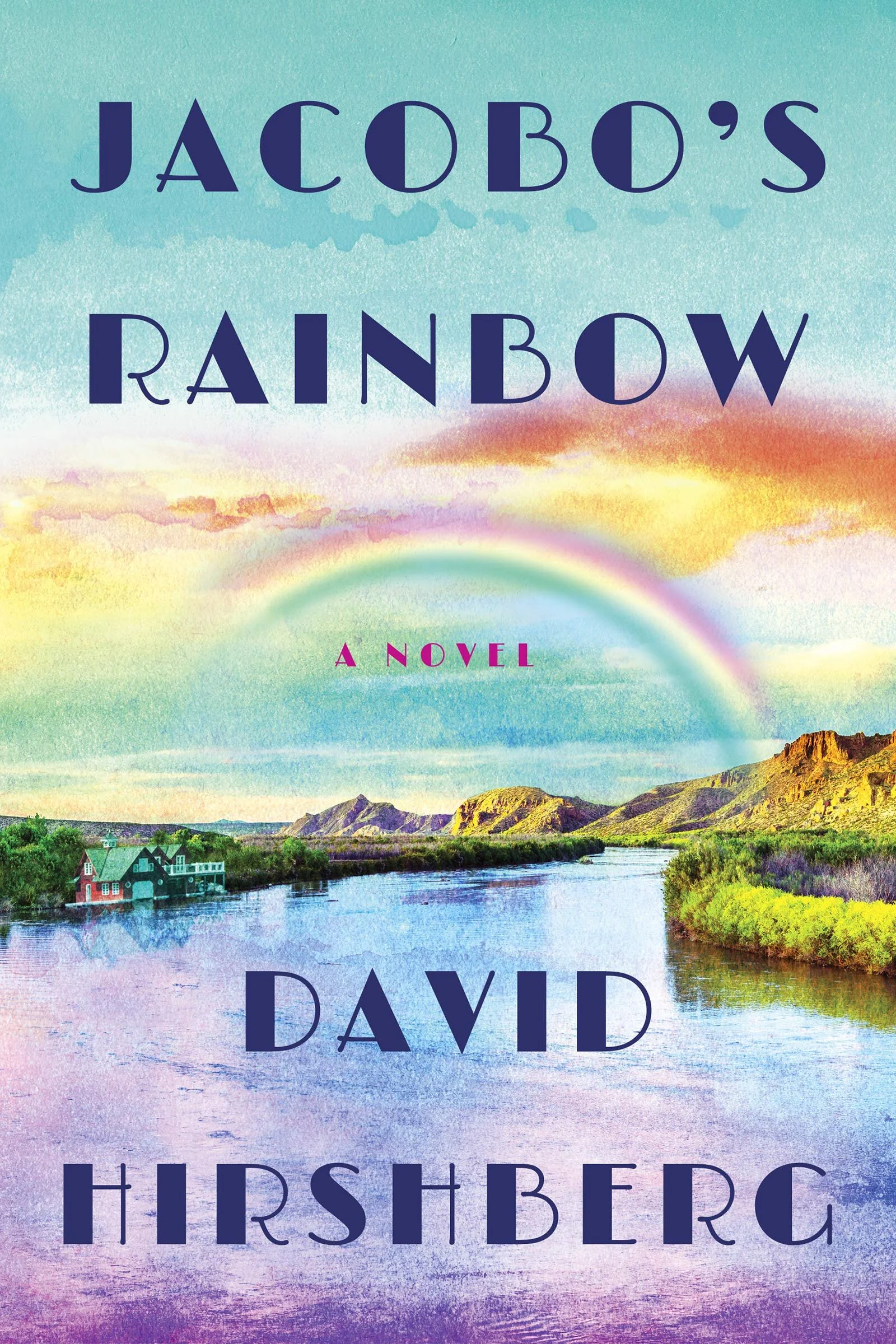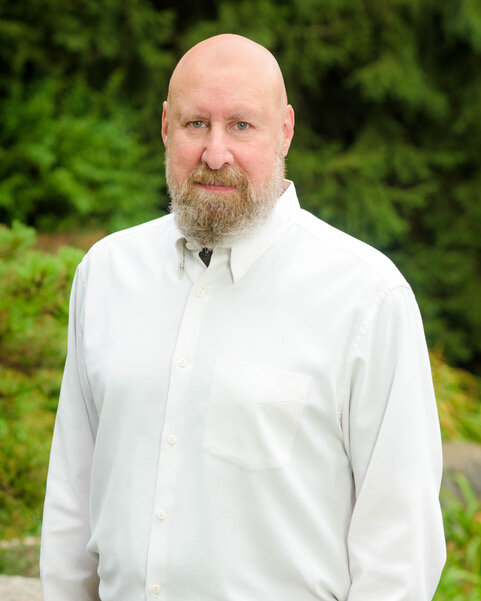Jacobo's Rainbow
Book Feature - Jocobo’s Rainbow by David Hirshberg
HBL Note: Whether you are interested in history (namely the 1960s and the Vietnam war), or the right to free speech (what it means and how far it extends), or the stories of those considered outsiders, David Hirshberg’s latest novel, JOCOBO’S RAINBOW, will be a great book you. His debut novel, MY MOTHER’S SON, was compared to books by Michael Chabon and Saul Bellow. And, to top it off, another HBL author had this to say about his book:
“Jacobo’s Rainbow is a powerful, electrifying glimpse into the life of a young student advocating for the Free Speech Movement and protesting the Vietnam War. It’s a story about truth, loyalty, tradition, and the shortcomings of human perception, an all-too-often occurrence for those who haven’t yet experienced much of life. Hirshberg’s keenly nuanced characters will remain with the reader long after the last page.” —Crystal King, author of The Chef’s Secret and Feast of Sorrow
Scroll down to read more about JOCOBO’S RAINBOW by David hirshberg
Book Feature - Jacobo's Rainbow by David Hirshberg
Book Feature - Jacobo's Rainbow by David Hirshberg
From the publisher:
JACOBO’S RAINBOW is set primarily in the nineteen sixties during the convulsive period of the student protest movements and the Vietnam War. It focuses on the issue of being an outsider, an altogether common circumstance that resonates with readers in today’s America. Written from a Jewish perspective, it speaks to universal truths that affect us all.
On the occasion of the 15th anniversary of a transformative event in Jacobo’s life – the day he is sent to jail – he writes about what happened behind the scenes of the Free Speech Movement, which provides the backdrop for a riveting story centered on his emergence into a world he never could have imagined. His recording of those earlier events is the proximate cause of his being arrested. Jacobo is allowed to leave jail under the condition of being drafted, engages in gruesome fighting in Vietnam, and returns to continue his work of chronicling America in the throes of significant societal changes. Nothing is what it seems to be at first glance, as we watch Jacobo navigate through the agonies of divisive transformations that are altering the character of the country. Coming to grips with his own imperfections as well as revelations about the people around him, he begins to understand more about himself and how he can have an impact on the world around him … and how it, in turn, will have an effect on him. The novel can be read on three levels: 1) as a coming of age story; 2) as a metaphor for what is happening on college campuses today, in terms of the shutting down of speech and the rise of anti-Semitism; 3) as a novel about Jewish identity and what life is like for the outsider.
Book Feature - Jacobo's Rainbow by David Hirshberg







